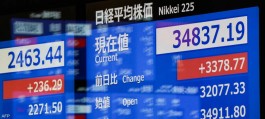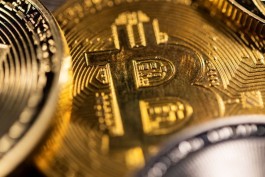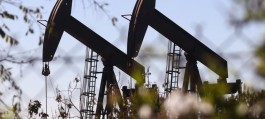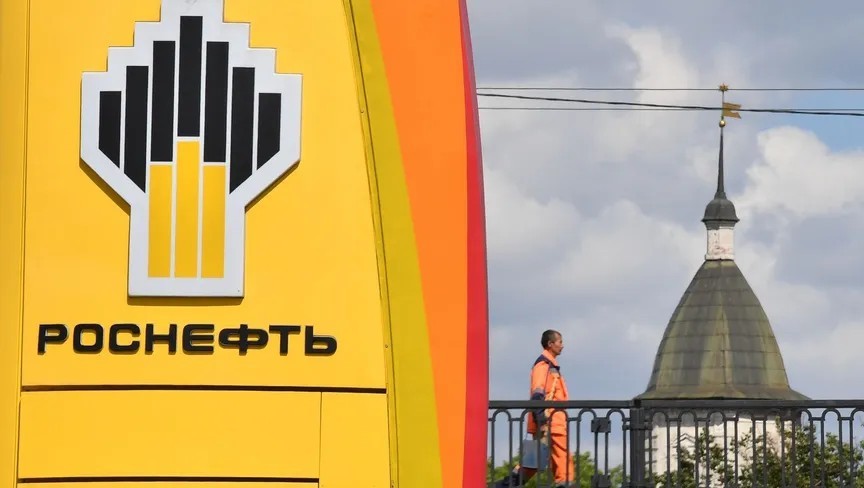The United States imposed new sanctions on Russia, targeting the oil sector, specifically Rosneft and Lukoil, while US President Donald Trump confirmed that he plans to speak with his Chinese counterpart about how to end the war in Ukraine.
The Treasury Department stated in a statement that the sanctions aim to increase pressure on the Russian energy sector, reduce the Kremlin's ability to finance the war, and support the weak economy, calling on Moscow to immediately agree to a ceasefire.
The US sanctions are a result of Russia's lack of seriousness in committing to a peace process to end the war in Ukraine, according to the statement, which stressed that the United States will continue to support a peaceful solution to the war, which hinges on Russia's willingness to negotiate in good faith.
Oil prices rise
The state-owned Rosneft, headed by Igor Sechin, a close ally of Russian President Vladimir Putin, and the private company Lukoil, are Russia's largest oil producers. Together, they account for about half of the country's total crude oil exports, about 2.2 million barrels per day in the first half of this year, according to Bloomberg estimates. Taxes on the oil and gas sectors account for about a quarter of the federal budget.
Immediately after the announcement of the new sanctions, Brent crude prices jumped 2.9% to over $64 per barrel, while West Texas Intermediate crude rose by a similar percentage to approach $60 per barrel.
Trump seeks help from China
These sanctions came after the US administration backed away from plans for a meeting between Trump and his Russian counterpart.
Trump commented on the sanctions, expressing his hope that they would not last long, indicating his hope for a swift ceasefire. He also did not rule out the possibility of meeting Putin in the future.
Trump also confirmed that he plans to speak with Chinese President Xi Jinping about his country's purchases of Russian oil when the two leaders meet next week in South Korea.
What I'm really going to talk to him about is how do we end the war between Russia and Ukraine, whether it's through oil, energy, or something else, Trump told reporters in the Oval Office during his meeting with NATO Secretary General Mark Rutte. I think he's going to be very responsive and has a lot of influence over Putin.
New European sanctions
Hours before the US announcement, the European Union announced an agreement on a new package of sanctions targeting Russia, including a ban on liquefied natural gas imports. The agreement is expected to be adopted Thursday morning.
A statement issued by Denmark, which holds the rotating presidency of the European Union, indicated that the sanctions target 45 entities that helped Russia evade sanctions, including 12 companies in China and Hong Kong.
This package bans the import of liquefied natural gas starting in January 2027, a year earlier than initially planned, and targets Russian banks, lenders in Central Asia, and several cryptocurrency exchanges.
The new package will tighten the ban on transactions with two major Russian oil companies, in addition to new sanctions on 117 additional vessels from the shadow fleet, according to the statement.
Reinsurance of used Russian aircraft and ships will also be prohibited, along with a complete ban on five Russian banks. The ban on transactions will also be extended to include Russian electronic payment systems and third-country banks in Belarus and Kazakhstan.
The EU's 19-country package of sanctions had been stalled for weeks due to obstructions by Austria, Hungary, and Slovakia. These measures will be adopted automatically at 8:00 a.m. in Brussels if there are no objections, according to the statement.





































